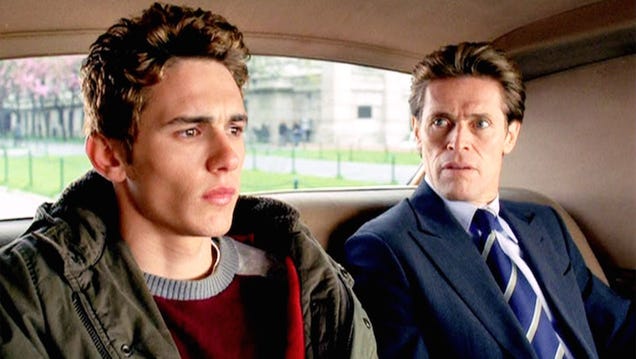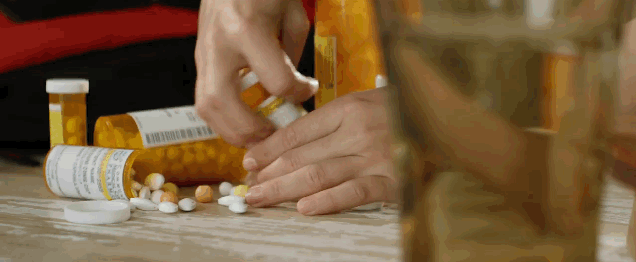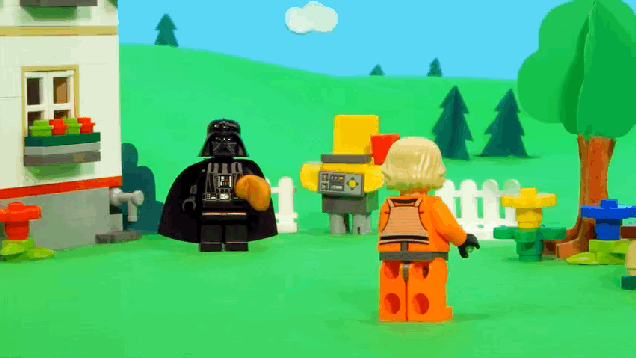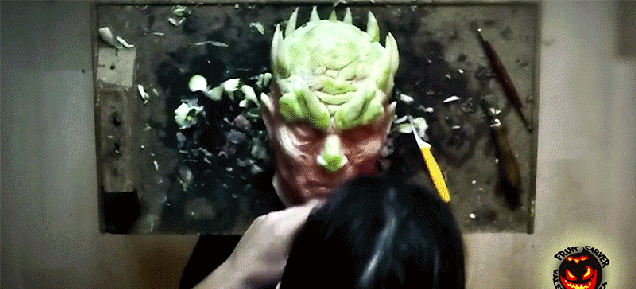Teaching a 5-Year-Old Girl Karate to Prevent Rape [cheapestps3controller269.blogspot.com]
Yesterday, Caroline composed an excellent roundup of advice from parents on how to counsel very young children on the basics of consent to prep them for the more explicit talks about sex, partying, and rape when they’re older. Another email we received from a parent particularly struck me, however, because its self-defense theme overlaps with a note from an adult discussion of rape we had back in October, specifically from a woman who underscored “the historical significance of self defense in feminism from the ‘70s and ‘80s.” Here’s our note from Mike:
Thank you to Juleyka and her husband for the way they’re raising their sons and the important lessons they’re teaching them about consent. As the father of a daughter, though, I feel there is more to be done than just teaching boys to be better to women. From Brock Turner’s actions, to the statements from his father, and the horrific sentencing, it’s obvious to me that all men and boys are not being taught the same things about how we should value women and girls in our society.
That’s why my wife and I have had our daughter studying Karate since the age of 5.
The Stanford case left many feeling horrified—not least among them parents, who struggled to grasp the reality of “that could’ve been my kid.” A viral letter from Brock Turner’s father to the judge quickly brought parenting into the controversy. “Brock is not the victim here,” one North Carolina father shot back, according to The Washington Post. “His victim is the victim.”
The high-profile case sparked a discussion in Notes: How should parents talk about rape and consent with their kids? First, Juleyka shared her story. “My sons are still very young, but when the time comes, we’ll have many conversations with them—about their bodies, about attraction, about permission and consent, about building love from friendship, and about accountability,” she wrote, inviting other parents to write in.
Many readers—including some parents of kids under 5—responded to her callout. “I’ve been thinking about this topic since my son’s birth two years ago,” writes one primary school teacher and mother. She continues:
Consent has as much to do with setting personal boundaries—for yourself and others—as it does with preventing sexual assault. Explaining consent to small children has little to do with sex, although it does help prevent sexual assault as well as giving children a voice if they are threatened by or actually assaulted at any age.
Learning consent for small children means if you are tickling your best friend and she says to stop then you stop—even though you personally think tickles are the best. Consent means that when you’re wrestling with your friend and you can tell he doesn’t want to anymore, you stop—even if you love rough-housing and could wrestle forever.
An anonymous reader shares her story:
I was raped while I was in college, so I’m 1 in 6. I didn’t report it, and I washed all the evidence down the drain.
I have a 25-year-old son and a 19-year-old daughter. We live in Maryland, my daughter goes to college in Los Angeles, and I fear my daughter becoming another statistic. We have discussed Brock Turner’s victim’s letter to the judge, the father’s letter, the friend’s letter, the hero’s action, and the judge’s poor sentencing. I hope the rape culture will change for them and all other women and men.
Rape at its core is about boundaries, so I intentionally began my discussion with my children about rape and assault when they were toddlers. They learned the proper words for their body parts. We also taught them that it is never too late to change their mind and to respect their friend’s choices. Safety was an important word and one of the first assessments we taught our children to do. I didn’t use the words assault or rape until they were entering middle school. However, I used every teachable moment to begin teaching them the value of their bodies, respect and compassion for others, responsibility for their actions, accountability, admitting hurt, and seeking help.
The first time I read the statement from the victim in the Stanford rape case, I was alone at my dining table, after my children had gone to sleep and my husband retired to our room to watch a basketball game. I swallowed hard as I took in the many ways the woman’s body and self-worth were ravaged by her attacker. My body recoiled at some of the graphic descriptions of what he did to her behind a dumpster. But it was my mother’s instinct that sent my mind reeling as I thought about my two sons—ages four and six—ever finding themselves in such a gruesome situation. I finished reading it and walked toward my room, my laptop shaking in my hands.
I asked my husband to turn the game off, as I had something to read to him. (I often read things aloud to him, something we discovered we both enjoyed while dating ten years ago.) We sat up against the cushioned headboard and I began to read. At first, my husband was silent and still. As I read further, he began to respond physically, adjusting his sitting position, folding and unfolding his arms, moving his legs to one side and back again. I could tell he was captivated and revolted by the intimate and painful testimony. I could also tell that he was already thinking about our sons. His glance wandered toward our open bedroom door and across to their room’s closed one.
As I read, I took deep breaths because my voice started to shake and my eyes began to water. When I came to the end, I closed my laptop slowly and turned to my husband.
“We can never let this happen to the guys. We cannot allow them to grow up thinking this is okay.”
“It won’t. They won’t.”
We sat in silence for a few seconds. I felt tears forming in my eyes from the fear welling up inside me.
My husband, who is gentler and kinder in ways I can only imitate, recited all the ways we have already taught our sons to respect other people, especially women. He reassured me about the closeness that binds our family of four, a bond that makes our little tribe the safest place for our children and for us. I nodded along as a headache inched its way from the recesses of my brain.
I could only manage to repeat, “We have to show them. We can’t just tell them.” It is a mantra my husband and I often say to one another as we navigate the maze that is modern parenting. With our oldest son we learned early that every expectation has to be modeled, not just stated. If you want him to clear his plate, he has to see you clear your plate. If you want him to say please and thank you, he must first hear you say those words. It is with this knowledge that we have also learned to respect the boundaries, especially physical ones, that our toddlers sometimes set.
Maybe one of us has tickled someone too much. Maybe the little one wants to stretch on the couch without contact from anyone else. Maybe the wrestling game between the two of them lasted a little too long and someone wants to end it. We have all learned to express and respect those limits in our house (even when mom wants just one more snuggle in the morning). I have seen how much receiving such respect from my husband and me has helped them give it to one another and to others. At the same time, I’m fully aware that the measure of independence we’re trying to instill in them as we raise them will lead them to make choices that lead to rewards and consequences. My hope is that the seeds I plant will grow as they do.
My sons are still very young, but when the time comes, we’ll have many conversations with them—about their bodies, about attraction, about permission and consent, about building love from friendship, and about accountability. Some of those may come much sooner than we expect. Many others will hopefully be initiated by our sons, and we’ll be eager and equipped to listen and share. Until then, my husband and I plan to model and repeat the expectations we’ve set for our family.
We’d love to hear from you: How did you talk about this at home, with your family? Do you have any advice for other parents about how to broach the subject of consent and sexual assault? Send us a note at hello@theatlantic.com.
(In case it warrants clarifying, this is a personal note about one person’s reaction to the statement, not a political treatise on parenting or rape culture. I’m talking to you, trolls.)
Let’s block ads! (Why?)
http://www.theatlantic.com/notes/all/2016/06/stanford-case-parenting-sexual-assault/486779/?utm_source=feed#note-487634 Teaching a 5-Year-Old Girl Karate to Prevent Rape
[cheapestps3controller269.blogspot.com] Teaching a 5-Year-Old Girl Karate to Prevent Rape

http://io9.gizmodo.com/a-celebration-of-fictions-unintentionally-horrible-fath-1782174014 A Celebration of Fiction’s Unintentionally Horrible Fathers























